
Ingredient
Miscellaneous fruits with inedible peel, large
Exotic Delights: Discover the World of Large Fruits with Inedible Peels
These large fruits, with their inedible peels, encompass a diverse range of varieties, each boasting its own unique characteristics. With vibrant colors and intriguing shapes, these fruits are a feast for the eyes. Their flesh is often juicy and succulent, ranging from sweet to tangy, and their textures can vary from creamy to crisp, providing a delightful contrast in every bite.
Origins and history
These fruits hail from different corners of the world, each with its own fascinating history. Some have been cherished for centuries in their native regions, while others have gained popularity through exploration and trade. Their cultural significance is intertwined with the traditions and cuisines of the countries they originate from.
Nutritional information
Packed with essential vitamins, minerals, and antioxidants, these fruits offer a nutritious boost to any diet. They are low in calories and fat, while being rich in fiber, vitamins A and C, and potassium, promoting overall health and well-being.
Allergens
While these fruits are generally safe for consumption, individuals with known allergies to fruits should exercise caution and consult with a healthcare professional if unsure.
How to select
When selecting large fruits with inedible peels, look for ones that are firm, plump, and free from blemishes or bruises. The skin should be vibrant in color and have a slight give when gently pressed. Additionally, a fragrant aroma can indicate ripeness and flavor.
Storage recommendations
To maintain the freshness and quality of these fruits, store them at room temperature until ripe. Once ripe, they can be refrigerated for a few days to prolong their shelf life. However, it is best to consume them as soon as possible for optimal flavor and texture.
How to produce
Growing these fruits requires specific climatic conditions and expertise. However, some varieties can be cultivated in home gardens or containers, provided they receive adequate sunlight, water, and care. Consult local gardening resources or nurseries for specific instructions on growing each fruit.
Preparation tips
To enjoy these fruits, start by washing them thoroughly under running water. Depending on the fruit, they can be peeled, sliced, or cut into chunks. They can be enjoyed fresh, added to salads, blended into smoothies, or used as a topping for desserts. Experiment with different recipes and cooking techniques to fully explore their versatility.
Culinary uses
These large fruits with inedible peels are incredibly versatile in the culinary world. They can be used in a variety of dishes, including fruit salads, tropical salsas, refreshing beverages, jams, and desserts. Their vibrant colors and unique flavors make them a delightful addition to both sweet and savory recipes.
Availability
These fruits are commonly available in tropical and subtropical regions around the world, including countries such as Brazil, Thailand, India, Mexico, and the Philippines.
More ingredients from this category » Browse all
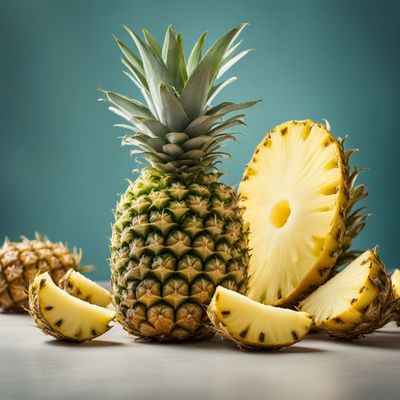
Pineapples and similar-
The Tropical Delight: Pineapples

Papayas and similar-
The Tropical Delight
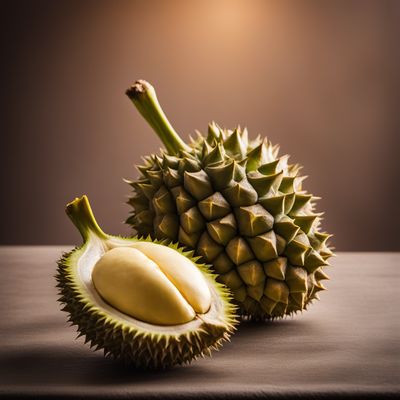
Durians and similar-
The Exotic King: Durians and Similar
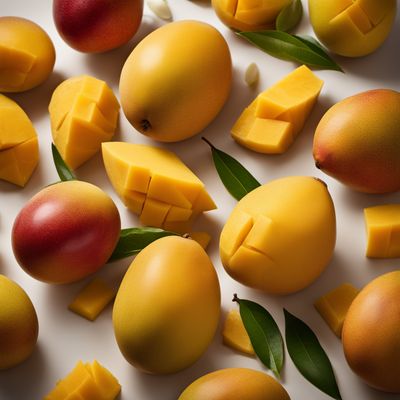
Mangoes and similar-
The Tropical Treasure

Granate apples and similar-
The Vibrant Delight: Granate Apples and Similar

Soursops and similar-
Exotic Delights with Tropical Flair
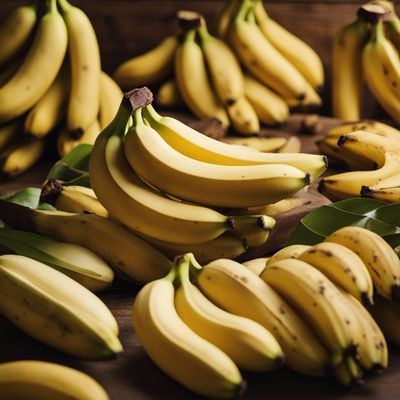
Bananas and similar-
The Versatile Fruit: Exploring the World of Bananas and Similar Varieties

Cherimoyas and similar-
The Exotic Delight: Cherimoyas
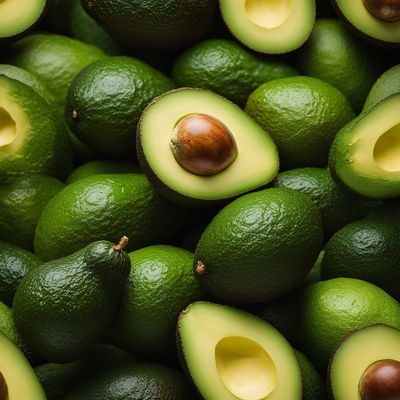
Avocados and similar-
The Creamy Marvel: Avocados and Similar

Other Miscellaneous fruits with inedible peel, large
Exotic Fruits with a Twist

Breadfruits and similar-
The Tropical Treasure: Breadfruits and Similar

Guavas and similar-
The Tropical Delight